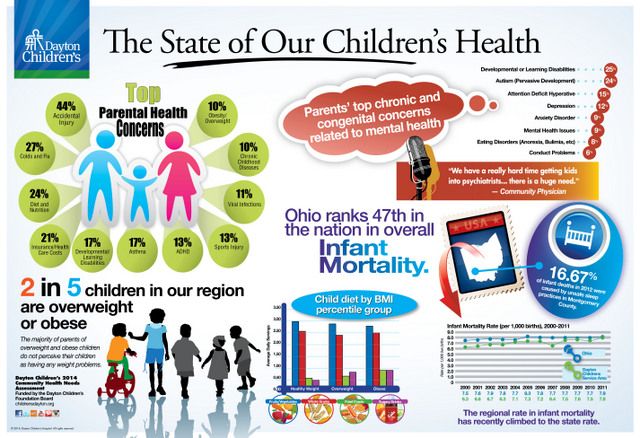Chronic health conditions refer to long-term illnesses or diseases that require ongoing medical management and treatment. These conditions typically persist for more than three months and may significantly affect a person’s quality of life. It is important to understand the different types of chronic health conditions as they have a significant impact on individuals and society as a whole.
Types of Chronic Health Conditions
There are numerous chronic health conditions that affect millions of people globally. Some commonly known chronic health conditions include: Diabetes Hypertension Asthma Arthritis Heart disease Chronic kidney disease Mental health disorders (e.g., depression, anxiety) Cancer HIV/AIDS
Impact on Individuals
Living with a chronic health condition can be challenging both physically and emotionally. It often requires individuals to take medications regularly, make lifestyle changes, and undergo frequent medical check-ups. Chronic health conditions can also lead to pain, fatigue, and limitations in daily activities. Such conditions may cause individuals to experience anxiety, depression, and a reduced overall quality of life.
Impact on Society
Chronic health conditions pose a significant burden on society. The prevalence of chronic diseases is a leading contributor to rising healthcare costs. The treatment of chronic health conditions requires substantial resources, including medical interventions, medications, and frequent hospitalizations. Additionally, chronic health conditions often result in reduced workforce productivity and increased absenteeism, leading to economic consequences for both individuals and society.
Managing Chronic Health Conditions
While chronic health conditions cannot typically be cured, they can be managed effectively. Various strategies can help individuals live fulfilling lives while minimizing the impact of their condition. These strategies include: Regular medical check-ups and adherence to prescribed medications Healthy lifestyle choices, such as a nutritious diet and regular exercise Stress management techniques like meditation and counseling Support from healthcare professionals and specialized disease management programs
The Role of Technology
Technology plays an essential role in managing chronic health conditions. Various technological innovations have made it easier for individuals with chronic diseases to monitor their health and access necessary treatment. Some examples include: Mobile applications that track symptoms, medication schedules, and vital signs Telemedicine platforms that allow remote consultations with healthcare providers Wearable devices that continuously monitor health parameters and provide real-time feedback Online support communities and forums that offer emotional and informational support
Conclusion
Chronic health conditions are a prevalent issue impacting individuals and societies worldwide. Understanding the different types of chronic health conditions, their effects, and management strategies is crucial in improving overall well-being. By providing necessary medical support, implementing lifestyle changes, and utilizing technological innovations, individuals living with chronic health conditions can achieve a better quality of life.


